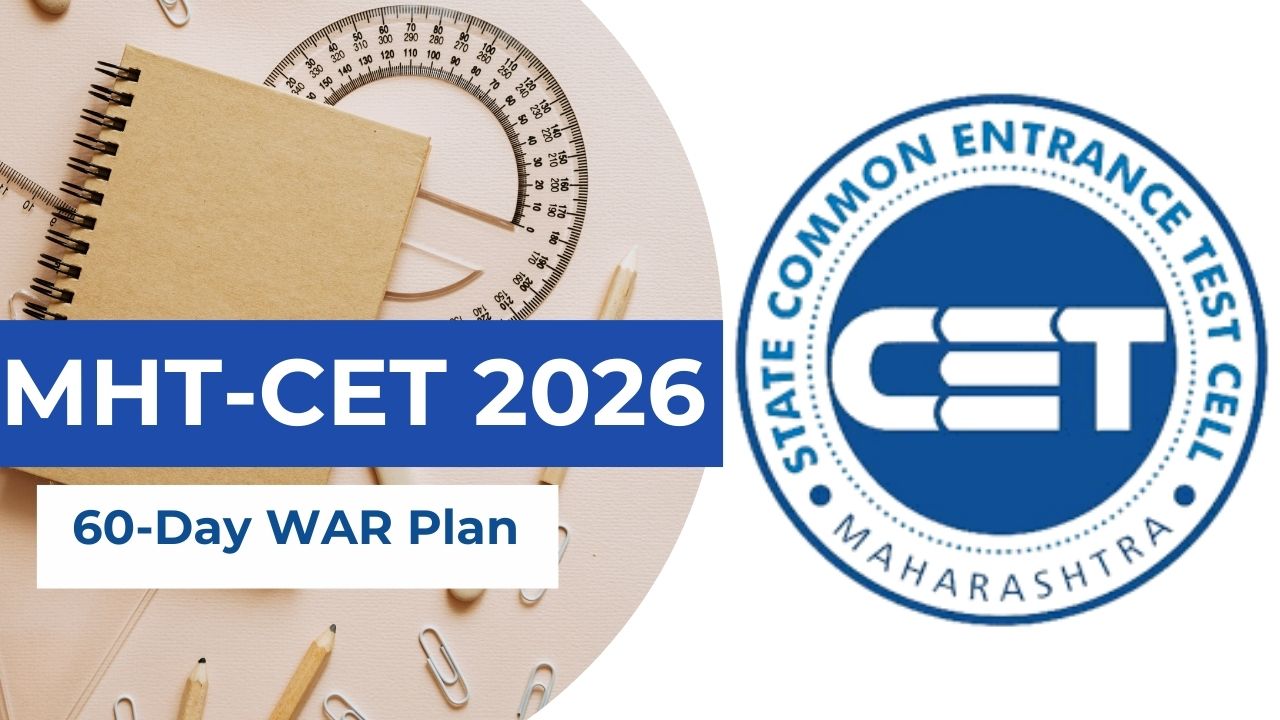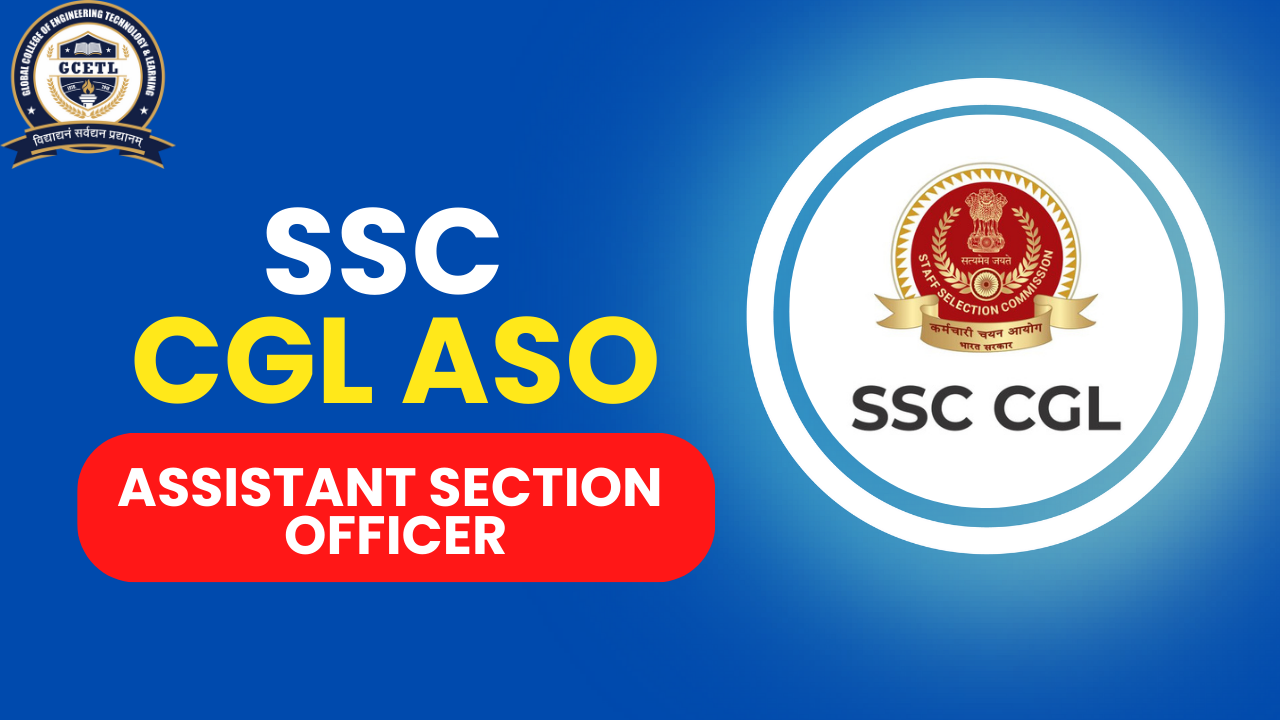Bhoomi Kaushik
Get Real Experts on your side
Before venturing to seek career counseling, answer a few basic questions so we can connect you with our best expert counselor for personalised guidance and mentorship.




Bhoomi Kaushik
19/09/2024
Pharmacy is one of those fields that can offer a broad scope of work, from mere dispensing of medicines to properly taking care of the patient by properly managing drugs. Therefore, for students who have kick-started and need to know what exactly D.Pharma and B.Pharma courses are, many require clarification about which one to prefer or which course is better to pursue pharmacy as an evolved professional. So, through this blog, one will understand all of these courses, including the difference between both courses and career courses within every single course.
What is D.Pharma?
D.Pharma is the short form for Diploma in Pharmacy; it is the entry-level 2 years of diploma pharmacy for aspirant pharmaceutical candidates. The core knowledge of the D.Pharma curriculum includes pharmacy basics on the formulation of drugs, dispensing of medicine, and prescription management. This course will continue all subjects related to pharmacology, pharmaceutics, pharmaceutical chemistry, and clinical pathology so that the graduates can work as registered pharmacists in hospitals, retail stores, or community health centres. Even after D.Pharma, there's a possibility of working as a pharmacist or pursuing further higher studies in D.Pharma, making the career more prolific.
What is B.Pharma?
B.Pharma is a degree course at the undergraduate level, hence a four-year program. It is, therefore, an all-rounded education in pharmaceutical sciences. This, thus, encompasses drug development, formulation, and regulation besides the physiological action of drugs on the body of a human being. In this field, the students are exposed to pharmaceutical chemistry, pharmacology, pharmaceutics, and biotechnology, which readies the students for work in pharmacy industries, research, and clinical environments. B. Pharma graduates would be more appropriate for higher positions in practice, drug development, and regulatory affairs than pharmacy graduates from other colleges. Some areas of pharmacy would be preferred for postgraduate education.
Difference Between D.Pharma and B.Pharma
|
Feature |
D.Pharma |
B.Pharma |
|
Duration |
2 Years (+ 3 months Internship) |
4 Years divided into 8 semester |
|
Eligibility |
10+2 with science (Physics, Chemistry, Bio/Math) |
10+2 with science (Physics, Chemistry, Bio/Math) |
|
Level |
Diploma |
Bachelor Degree |
|
Depth of study |
Basic knowledge of pharmaceutical sciences |
Comprehensive and in-depth study of pharmacy |
|
Career Scope |
Entry-level roles in pharmacies |
Advanced roles in pharma industry, research, academia |
|
Further Studies |
Can pursue B.Pharm for higher studies |
Can pursue M.Pharm, MBA, Ph.D.
|
Benefits of Pursuing a D.Pharma
1. Shorter Period- D. Pharma courses take about two years; hence one can start their job earlier than if they had completed a 4-year course in college.
2. Reduced Cost- The fees for the same in the case of D. Pharma are relatively cheaper compared to the college fees of a bachelor's course.
3. Early Entry to Practice- Pharmacy Graduates can start serving as pharmacists or pharmacy assistants much earlier than in any other graduate degree.
4. Practical Skills- The course is vital for practical pharmacy, such as dispensing, patient counseling, and pharmaceutical inventory management.
5. Diverse Areas of Employment- D. Pharmacy graduates can work in several settings, that is, community pharmacies, hospitals, and retail outlets.
6. Further Education Foundation: Even after D.Pharma, further studies can be done as B.Pharma to take up career expansion and get specialization in research or industrial pharmacy.
7. Entrepreneurial Opportunities: D.Pharma teaches how to develop own pharmacy or drugstore.
8. Job Placement on the Spot – The job prospect is in demand with regarded pharmacists, pharmacy assistants, and technicians; thus, one can be placed soon after graduation.
9. Skills Acquired- Drutg management, patient interaction, and pharmaceutical practice skills that can be used directly and appropriately to many pharmacy-related jobs.
10. Flexibility-It also provides career changing without having to sign up for more comprehensive and demanding degree programs.
Check out Our Programs:
Benefits of B.Pharma
1. Vast knowledge, as B.Pharma carries an ability to have vast knowledge about pharmaceutical sciences, including drug formulation, pharmacology, pharmacognosy, and industrial pharmacy.
2. Various employment options after B.Pharma- he can employ himself at pharmacaresearch jobs, quality control jobs, drug regulation, marketing jobs, and hospital pharmacy jobs.
3. Earning capacity- B.Pharma graduates generally have more remunerative employment options in relation to the one holding a diploma in pharmacy.
4. Top-Management Positions- The program provides top-manage levels in the pharmaceutical arena, research and development, and regulatory affair.
5. Higher Degree Programs-It acts as a pre-requisite for advanced degrees such as M.Pharma, MBA or Ph.D. that lead to specialized roles as well as academic streams.
6. Industry-Produced B.Pharma graduates have high demand all over the vast expanse of sectors ranging from pharmaceuticals, health care, and academia with wide scope knowledge and skills.
7. Research Career Opportunities - The program will lend the student to the background for conducting research and can work in a variety of fields such as drug formulation, clinical studies, and pharmacy innovation among many others.
8. Professional Development- It is an excellent base for professional development and can make graduates consultants to pharmaceuticals, drug inspector, or regulatory affairs officers.
9. Regulatory and Compliance Jobs- The graduates can be put in the job that ascertains that the pharmaceutical products and practices meet the accepted rules and norms of the industry.
10. International Opportunities-This qualification is recognized worldwide hence creates the possibility of either work stations or further studies outside the country in a diversified pharmaceutical and healthcare organizations.
Job Opportunities after D.Pharma & B.Pharma
|
D.Pharma |
B.Pharma |
|
Pharmacist |
Pharmacist |
|
Pharmacy Technician |
Pharmaceutical Researcher |
|
Hospital Pharmacist |
Quality Assurance Officer |
|
Drug Store Owner |
Medical Representative |
|
Pharmaceutical Sales Representative |
Drug Inspector |
|
Pharmaceutical Distribution |
Pharmaceutical Marketing Manager |
|
Clinical Pharmacy Assistant |
Hospital or Clinical Pharmacist |
|
Further Education |
Clinical Research Associate |
Conclusion:
Entry into the pharmacy industry: D.Pharma and B.Pharma differ upon personal choice; D.Pharma is a relatively quicker entry into a profession in practical pharmacy career immediately after graduation possibility for on-the-job work. On the other hand, B.Pharma has an intense education program, and there are wider scopes for careers with better rewards possible and further specializations. Choosing between D.Pharma and B.Pharma is career and time-demand-oriented. Whichever way he takes, he is headed for a great influence in the pharmacy profession with very bright prospects regarding his career ahead in the healthcare sector.
Frequently Asked Questions:
1. Is D.Pharma and B.Pharma a route to go for higher study?
D.Pharma: One can, after completing the above program, opt for B.Pharma, which is a gateway to further studies and a career in pharmacology.
B.Pharma: The graduate students can opt for an M.Pharma, MBA in Pharmaceutical Management, PhD and specialized courses/certifications in different areas of pharmacy.
2. Are entrance examinations required for admission in D.Pharma and B.Pharma?
D.Pharma: Some colleges conduct their entrance test, while most colleges admit students based on scores of 10+2.
B.Pharma: Most colleges and universities conduct entrance tests, such as the GPAT (Graduate Pharmacy Aptitude Test), or some conduct tests designed primarily for university students.
3. What are the main subjects of D.Pharma and B.Pharma?
D.Pharma: Some major subjects are Pharmaceutical Chemistry, Pharmacology, Pharmacognosy and Pharmaceutical Jurisprudence.
B.Pharma: Includes advanced-level topics such as medicinal chemistry, pharmaceutical analysis, pharmacology, clinical pharmacy, and drug design and development.
4. What are the critical skills needed to work in a pharmacy?
D.Pharma and B.Pharma: Key Skills include detail orientation, good communication skills, broad pharmaceutical science knowledge, patient care and teamwork skills
5. What is the employment potential of pharmacy graduates?
D. Pharma. Good prospects in retail pharmacies, hospitals and community health settings.
B. Pharma. Wider career avenues in pharmaceutical companies, research laboratories, hospitals, research and teaching institutions, and regulatory bodies.










.png)











.jpg)


.jpg)




.png)







.png)

.png)




.png)

.png)
.png)



.png)

.png)


.png)

.png)


.png)

.png)

.png)
.png)

 (1).png)



.png)

.png)
.png)


.png)


.png)


.png)

.png)







.png)





.png)


.png)














.png)













.png)




.jpg)






.png)




.png)


.png)
.png)
.png)
.jpg)



.png)


.png)
.png)
.png)



.png)











.png)
.png)



.png)


.png)
.png)


.jpg)







.jpg)









.jpg)





.png)


.jpg)



Before venturing to seek career counseling, answer a few basic questions so we can connect you with our best expert counselor for personalised guidance and mentorship.
